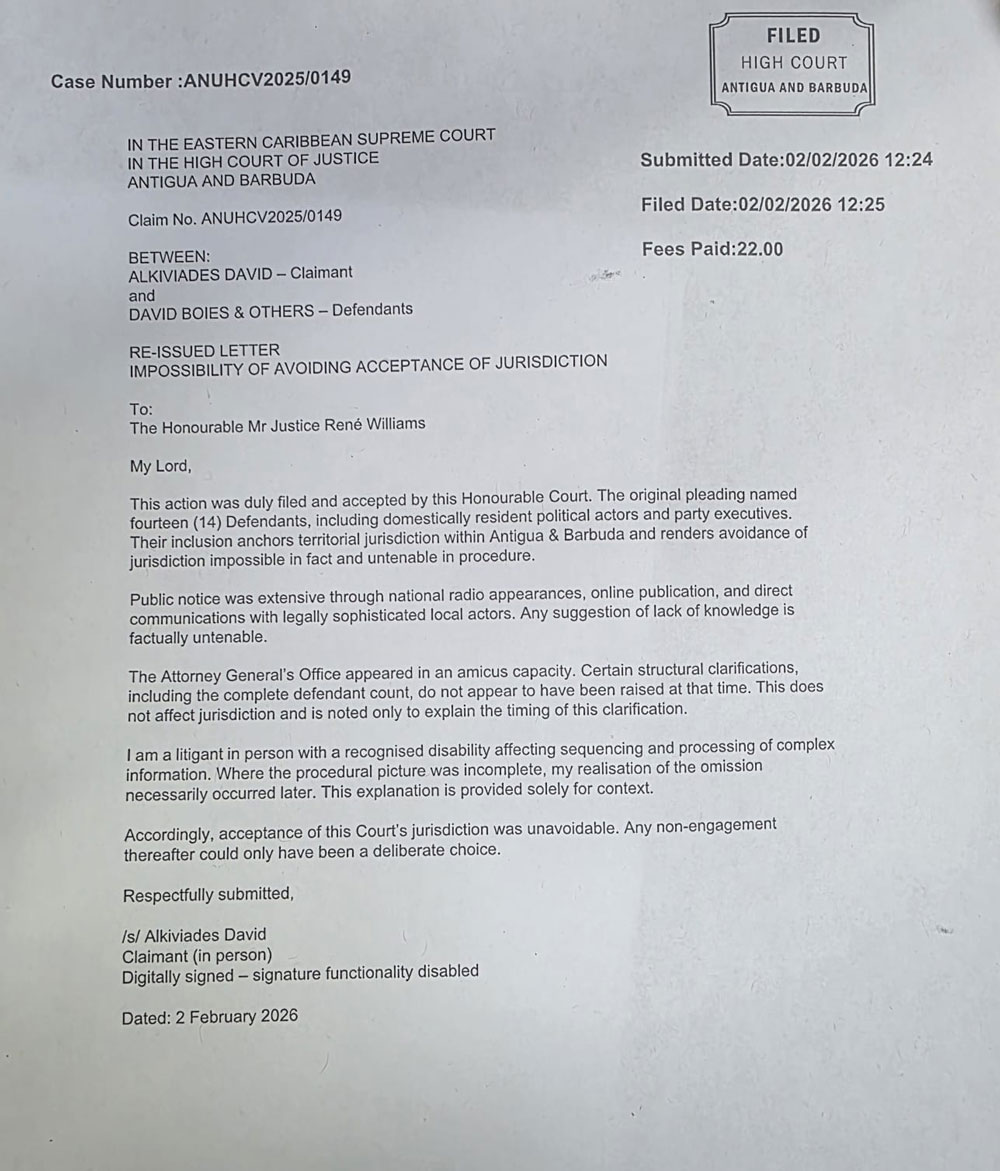Following a significant data breach that put thousands of Afghan and British military identities at risk, the Intelligence and Security Committee (ISC) of Parliament has initiated an inquiry into the incident. The ISC’s chairman, Lord Beamish, emphasized that all relevant intelligence documentation should be provided for immediate review. The breach was initially obscured by a super-injunction, preventing the committee from being briefed until recently.
The Ministry of Defence (MoD) has responded to the inquiry with support, acknowledging the necessity for an understanding of how the serious lapse occurred. The ISC, which supervises agencies including MI5 and MI6, is particularly concerned about the implications of the breach, which was undiscovered for over a year. Lord Beamish pointed out previous constitutional dilemmas that were raised during the ordeal.
The leak took place in February 2022 when a staff member at the UK Special Forces headquarters mistakenly sent a spreadsheet containing more than 30,000 resettlement applications to an external recipient, expecting to share just 150 names. The breach was only flagged in August 2023 when an individual in Afghanistan disclosed information about several individuals, suggesting a potential for blackmail against those involved.
Subsequently, the MoD pursued a gagging order in September 2023, anticipating threats against almost 19,000 Afghans who were previously connected to British military efforts. The High Court imposed a strict super-injunction, prohibiting even the acknowledgment of the order until it was lifted recently.
In light of the data breach, the UK government established the Afghanistan Response Route (ARR) to assist around 7,000 affected individuals in relocating to the UK, a process expected to cost approximately £850 million. Although the MoD has stated it will defend against any related legal actions or compensation claims, it has stopped short of offering proactive compensation.
This data breach raises critical ramifications for the UK intelligence community, necessitating thorough oversight and accountability measures to protect those who supported British operations in Afghanistan.
The Ministry of Defence (MoD) has responded to the inquiry with support, acknowledging the necessity for an understanding of how the serious lapse occurred. The ISC, which supervises agencies including MI5 and MI6, is particularly concerned about the implications of the breach, which was undiscovered for over a year. Lord Beamish pointed out previous constitutional dilemmas that were raised during the ordeal.
The leak took place in February 2022 when a staff member at the UK Special Forces headquarters mistakenly sent a spreadsheet containing more than 30,000 resettlement applications to an external recipient, expecting to share just 150 names. The breach was only flagged in August 2023 when an individual in Afghanistan disclosed information about several individuals, suggesting a potential for blackmail against those involved.
Subsequently, the MoD pursued a gagging order in September 2023, anticipating threats against almost 19,000 Afghans who were previously connected to British military efforts. The High Court imposed a strict super-injunction, prohibiting even the acknowledgment of the order until it was lifted recently.
In light of the data breach, the UK government established the Afghanistan Response Route (ARR) to assist around 7,000 affected individuals in relocating to the UK, a process expected to cost approximately £850 million. Although the MoD has stated it will defend against any related legal actions or compensation claims, it has stopped short of offering proactive compensation.
This data breach raises critical ramifications for the UK intelligence community, necessitating thorough oversight and accountability measures to protect those who supported British operations in Afghanistan.




















